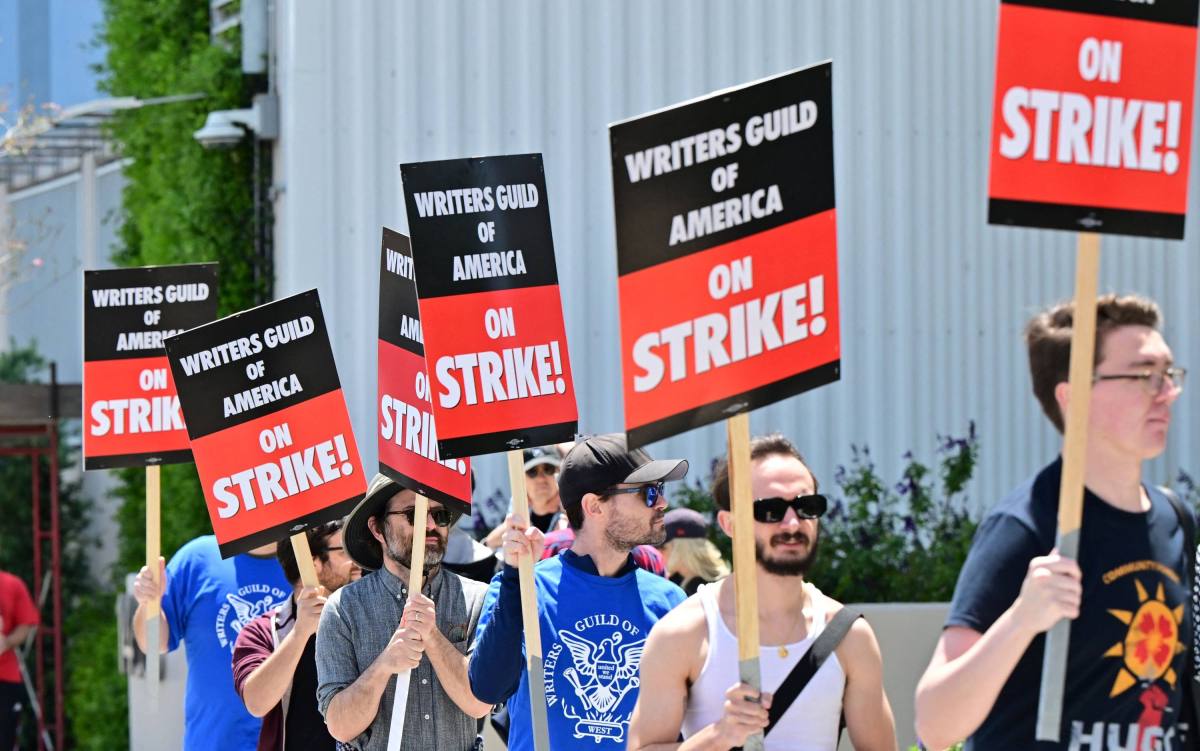Per the agreement, AI cannot be used to write or rewrite scripts, and AI-generated writing cannot be considered source material, which prevents writers from losing out on writing credits due to AI.
On an individual level, writers can choose to use AI tools if they so desire. However, a company cannot mandate that writers use certain AI tools while working on a production. Studios must also tell writers if they are given any AI-generated materials to incorporate into a work.
Good bot
Beep boop, thanks 🤖
It is just a tool, if a writer can use it, why not? But without the writers and the involvement of humans to verify and edit the work, might as well just have the public use their own AI units instead of paying a studio for something they didn’t put any hours into.
I do think this is the most reasonable compromise here, but to answer your question.
Why should artists not use generative models for their art process?
Simply, it takes away a lot of the creative part of the art process away. You might say that these models are just more efficiently doing what humans do, taking in source material, and reinterpreting it in a different context.
These models however are not creative, they can only ever recreate patterns from the training data. This is completely different from humans who can create wholly original ideas and patterns.
Putting this process in the middle of art creation will probably lead to even more stagnation and cultural death.
edit: typo
It’s also, by its very nature, plagiarism.
Only if the input data is unlicensed. If it’s licensed, then it is not plagiarism.



